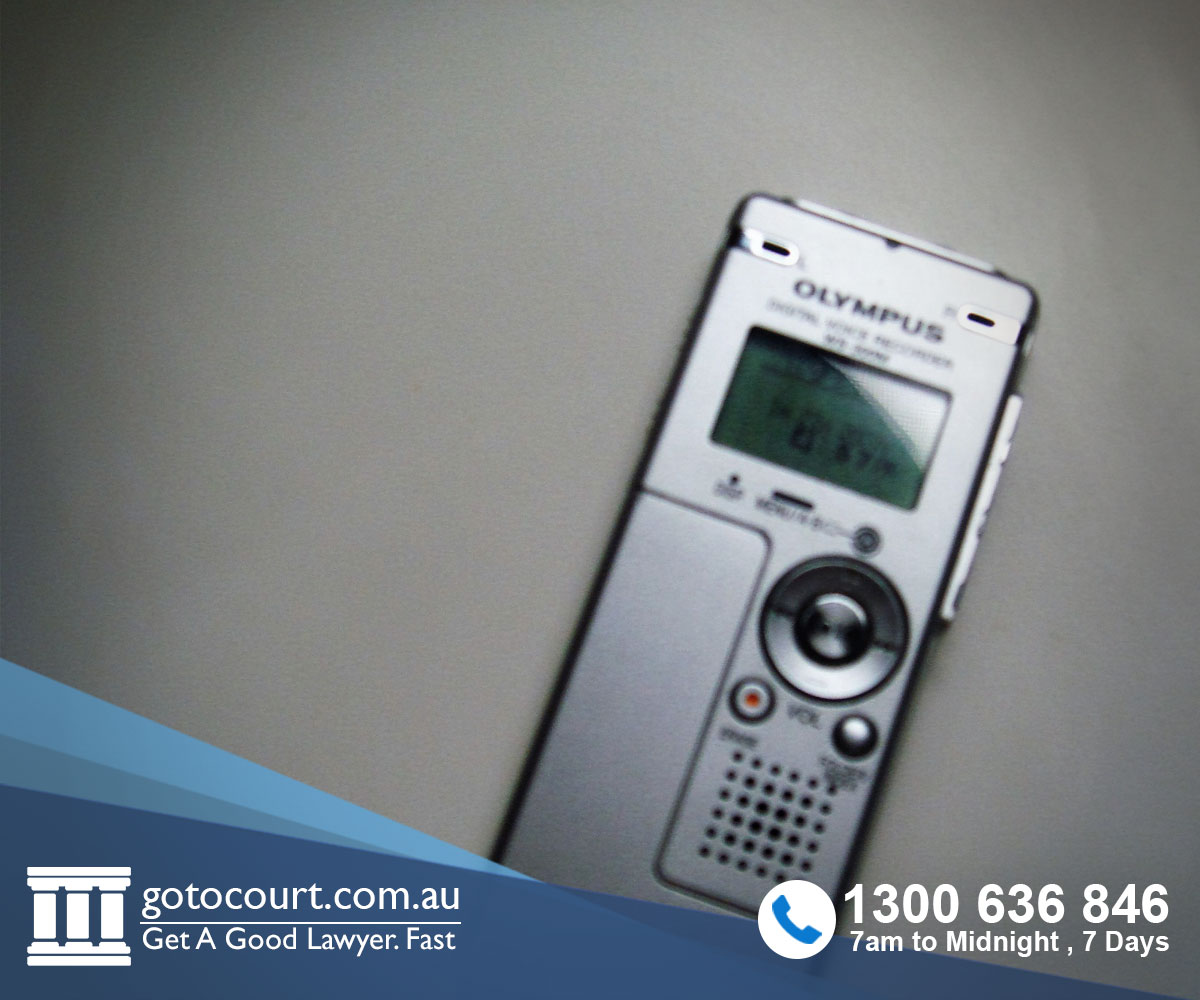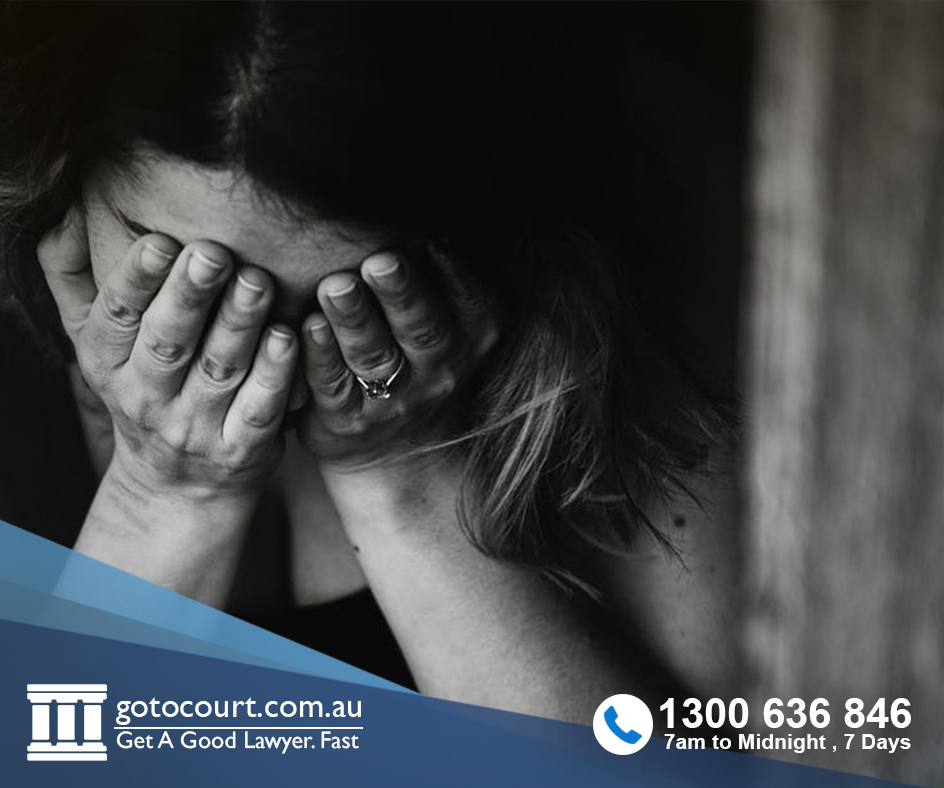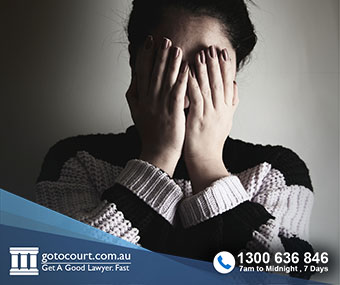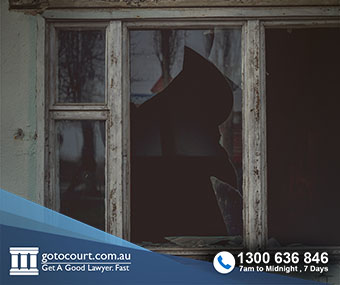Attempted Offences (Vic)
Under Section 321M of the Crimes Act 1958, it is a criminal offence in Victoria to attempt to commit an indictable offence. Attempted offences are one form of inchoate offence, meaning an offence that is incomplete. Other types of inchoate offences are conspiracy to commit an offence and incitement to an offence.
Attempted offences carry a lesser penalty than a completed offence.
What is an attempt?
Attempted offences have two elements.
- The accused intended to commit the offence; and
- The accused attempted to commit the offence.
Intention
The accused must have intended to commit an indictable offence. This means that he or she must have intended to carry out the physical elements of the offence. It is not sufficient for the accused to have been reckless or negligent as to the commission of the offence.
To be found guilty of an attempted offence, a person must have believed in the existence of any facts or circumstances that are an element of the offence
Attempt
The accused must have attempted to commit the offence. His or her conduct must have been more than an act preparatory to the commission of the offence. It must not be remotely connected to the commission of the offence.
Where the line is drawn between preparation and attempt will depend on the facts of the case. Attempted offences are sometimes described as the beginning of the commission of an offence.
There are two tests that can be used to determine whether an accused has moved beyond preparation and into an attempt. The ‘last act’ test requires the accused to have done all the acts needed to complete the offence. The ‘unequivocal last act’ test requires the accused’s actions to unequivocally demonstrate an intention to complete the offence.
Impossibility
A person can be guilty of attempting to commit an offence even if facts or circumstances existed that made the successful commission of the offence impossible.
A person cannot be found guilty of an attempted offence if the accused wrongly believed that the acts being attempted were an offence. The attempted offence must be a real indictable offence.
Accessorial liability
A person can be found guilty as an accessory to an attempted offence. This occurs when two or more people form an agreement to carry out a criminal offence, but the offence is only attempted and not completed.
Penalties for attempted offences
The penalties for attempted offences are set out in Section 321P of the Crimes Act. The maximum penalty for an attempted offence is generally one level down from the maximum penalty for a completed offence.
For example, a person found guilty of attempted murder or attempted treason is liable to a maximum penalty of 25 years imprisonment (level 2 imprisonment) whereas a person found guilty of completed murder or completed treason is liable to a maximum penalty of life imprisonment (level 1 imprisonment).
Conspiracy and incitement
Conspiracy, where two or more people agree to pursue a course of conduct involving the commission of an offence is an offence under Section 321 of the Crimes Act. For a person to be found guilty of conspiracy he or she as well as at least one other person must intend the offence to be committed and intend or believe that the circumstances and facts which are element of the offence will exist when the conduct occurs.
Incitement is an offence under Section 321G of the Crimes Act. Incitement occurs when a person incites another to pursue a course of conduct involving the commission of an offence by one or both of them. A person can only be found guilty of incitement if the person incited actually commits the offence.
If you require legal advice or representation in relation to a criminal matter or any other legal matter please contact Go To Court Lawyers.








